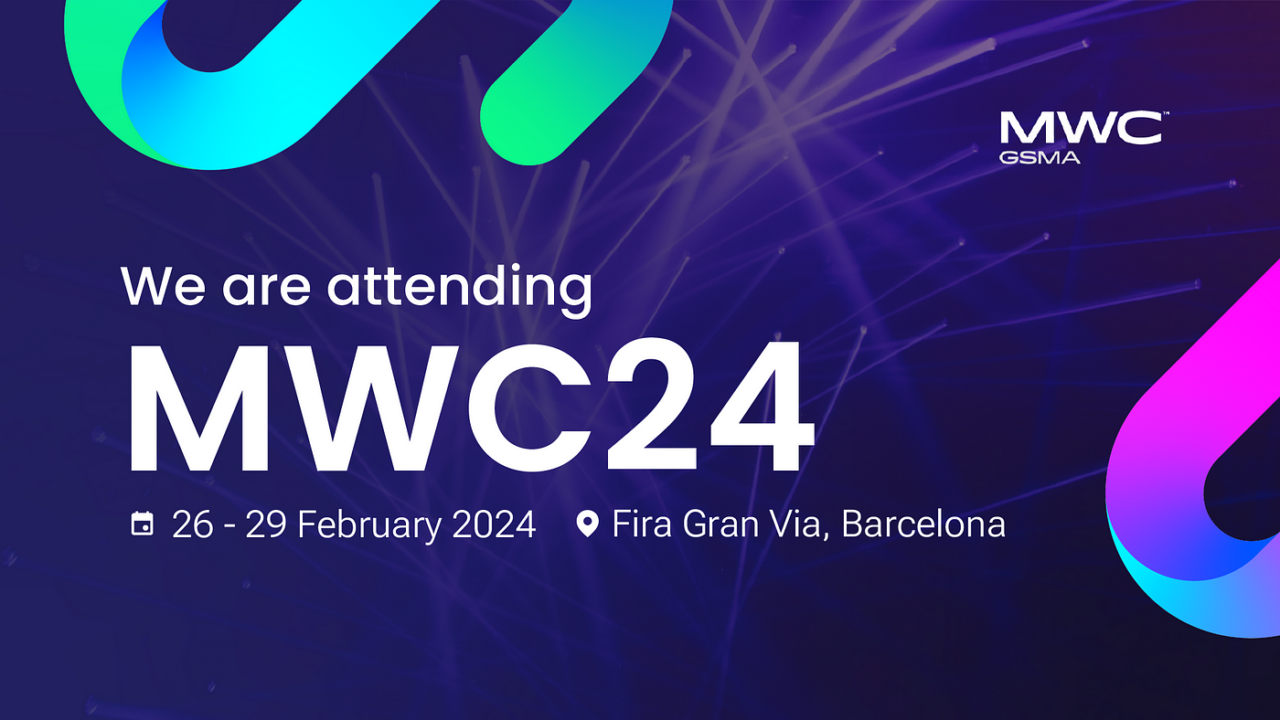The Mobile World Congress (MWC) 2024 in Barcelona has once again set the stage for groundbreaking technological advancements, introducing concepts that could redefine our interaction with digital devices. Among the highlights were Deutsche Telekom’s app-less AI smartphone and Lenovo’s transparent display laptop, both of which signal a bold leap into the future of technology.
Key Highlights:
- Deutsche Telekom’s innovative “T-phone” concept, developed in collaboration with Qualcomm and Brain, showcases a smartphone interface devoid of traditional apps, relying instead on AI to fulfill user needs.
- Lenovo unveiled the ThinkBook Transparent Display Laptop, a concept device featuring a 17.3-inch Micro-LED transparent display, blending AI and augmented reality for a futuristic user experience.

The Smartphone Revolution: Beyond Apps
The “T-phone” by Deutsche Telekom represents a significant shift from conventional app-based interfaces to an AI-driven user experience. This smartphone aims to cater to user needs directly through AI, eliminating the need for specific applications for tasks like messaging, social media, or banking. The concept envisions a future where smartphones understand and respond to user prompts with personalized recommendations and actions, powered by advanced AI technologies.
Transparent Computing: Lenovo’s Visionary Concept
Lenovo’s ThinkBook Transparent Display Laptop showcases an imaginative leap in laptop design, featuring a 17.3-inch Micro-LED screen that offers a glimpse into potential future applications of transparent display technology. This concept device combines AI and augmented reality, proposing unique use cases like object identification through a world-facing camera and overlaying relevant information on the display. Although not intended for sale, this concept highlights Lenovo’s commitment to exploring innovative tech solutions.
The Convergence of AI and Augmented Reality
Both concepts, the AI-driven smartphone and the transparent display laptop, signal a trend towards the convergence of AI and augmented reality technologies. This synergy has the potential to create more immersive, intuitive, and personalized digital experiences. As these technologies continue to evolve, we can expect to see further innovations that challenge our current understanding of digital interaction and device functionality.
The Dawn of AI-Driven Smartphones
Deutsche Telekom’s unveiling of the “T-phone,” a smartphone that operates without the traditional app-based interface, marks a pivotal moment in the evolution of mobile technology. This AI-driven device proposes a future where interactions with our smartphones are more intuitive and personalized. The AI is designed to understand and anticipate user needs, offering solutions and performing tasks without the user needing to navigate through multiple apps. This concept could significantly impact how we think about software ecosystems, potentially reducing the reliance on app stores and changing the landscape of app development.
Conclusion:
The Mobile World Congress 2024 has once again underlined its significance as a hub for unveiling futuristic technologies that could shape the future of digital interaction. From smartphones that operate without traditional apps, courtesy of AI, to laptops boasting transparent displays that merge reality with digital information, the concepts introduced at this year’s event offer a tantalizing peek into the potential transformations in our everyday technology use. While these concepts might not hit the market immediately, they certainly pave the way for thinking beyond conventional design and functionality, opening doors to innovative user experiences that were once the realm of science fiction.


























Add Comment